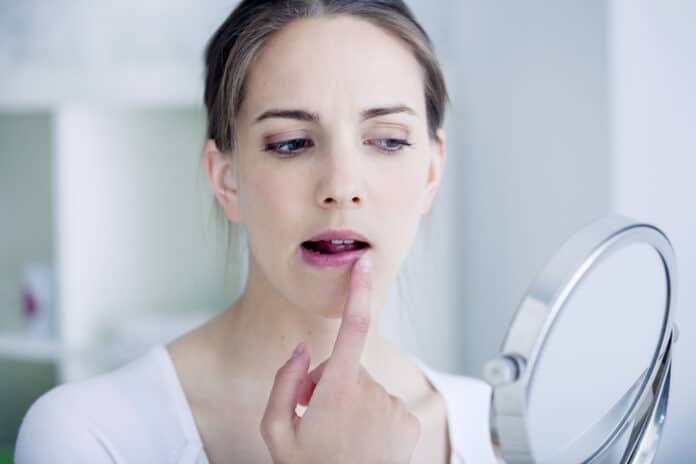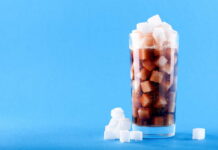
A chapped lip is a common medical condition popularly known as cheilitis. It features fissures or cracks on the lips and dryness. Many things can cause chapped lips, including environmental stressors such as cold temperatures, wind, and even the sun. Products such as toothpaste, lip gloss, and lip balm can also cause this medical condition. There is a diverse range of this condition. This includes:
- Cheilitis simplex
This variety of chapped lips occurs when a patient frequently licks their lips. An excessive amount of lip-licking does your lip no good because it removes the oily surface film that regulates the lips’ moisture. In turn, your lips become prone to dryness and cracking. Finally, the digestive enzymes in the saliva may extract moisture from the lips, causing the lips to peel.
- Contact or eczematous cheilitis
This type of chapped lips occurs when substances that irritate the skin, such as preservatives and dyes, are used on the lips. These substances are obtained from toothpaste, certain foods, lipstick, etc.
- Angular cheilitis
On the other hand, angular cheilitis is the type of chapped lips that occurs in patients with deep wrinkles at the corners of their mouths, which is accompanied by the frequent licking of lips. A lack of vitamin deficiency, such as B6 or zinc, can also cause angular cheilitis, which can occur due to celiac disease. Finally, it is more frequently found in people with diabetes and people with psychiatric disorders such as bulimia and even anorexia nervosa.
- Drug-induced cheilitis
Finally, this medical condition occurs when topical antibiotics or local anesthetics are used.
Signs and Symptoms of Chapped Lips
The signs and symptoms of chapped lips include:
- Cracks or fissures, as earlier mentioned;
- Redness;
- Dryness; and
- Peeling.
Treatment and Medication For Chapped Lips
Typically, chapped lips tend to heal on their own. However, in cases where healing is not occurring, you may need to see your doctor.
- Cheilitis Simplex: For this type of chapped lips, use lip balm, petroleum jelly topical corticosteroids, ointments, etc
- Contact or Eczematous Cheilitis: you may need to use corticosteroids and emollients. These may include gazelle and Aquaphor.
- Angular Cheilitis: For this type of chapped lips, use topical antifungal medication, as well as antiseptics, antibiotics, and even topical corticosteroids.
- Actinic Cheilitis: Use emollients and topical corticosteroids.
- Drug-induced Cheilitis: Finally, discontinue the drugs and use emollients for this type of chapped lips.
How can I Prevent Chapped Lips?
You can add this to your daily routine to avoid any form of chapped lips. These include:
- Wear lip balm that features SPF before heading outside;
- Before going to bed and when you wake up, apply lip balm or ointment;
- Keep a lip balm handy in cases where you suddenly feel dryness in your lips, and finally.
- Run a humidifier in your home to prevent dry air.



















